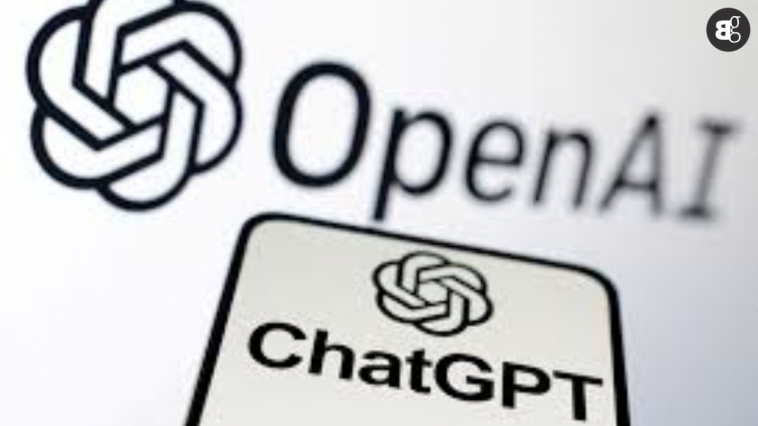GPT-4, a model of previously unheard-of size, introduced by OpenAI represented a significant advance in artificial intelligence. But instead of just scaling up, the company is now trying something else with a new model called OpenAI o1. It focuses on logical thinking.
Introducing OpenAI o1: Smarter Without Scaling Up
The new model, OpenAI o1, is designed to solve complex problems that stump existing models like GPT-4o. It reasons through tasks step-by-step, similar to how humans think aloud before concluding. According to Mira Murati, OpenAI’s CTO, this new approach excels in tackling complex reasoning tasks.
Complementing, Not Replacing GPT-4o
OpenAI o1, code-named “Strawberry,” is not a replacement for GPT-4o but works alongside it. While OpenAI is developing GPT-5, which will be larger than GPT-4, the reasoning technology in o1 will also be a part of the future model.
How Reinforcement Learning Powers OpenAI o1
Unlike conventional large language models, which struggle with simple reasoning, OpenAI o1 uses reinforcement learning. This method improves the model’s thinking process by providing feedback for correct or incorrect answers, helping it sharpen its reasoning abilities.
Impressive Performance and Challenges
OpenAI o1 has outperformed GPT-4o in problem-solving, especially in subjects like chemistry and math. For example, on the American Invitational Mathematics Examination (AIME), o1 solved 83% of the problems, compared to GPT-4o’s 12%. However, it is slower than GPT-4o and cannot search the web or process images and audio.
The Broader AI Research Race
OpenAI is not alone in this race. Google’s AlphaProof is also using language models and reinforcement learning to solve difficult problems. OpenAI’s Mark Chen believes their system has made breakthroughs in reasoning across various domains.
Challenges Ahead: Hallucination and Transparency
Experts, including Noah Goodman and Yoon Kim, raise concerns about how AI models like o1 solve problems. The transparency of their reasoning process is crucial as AI becomes more widely adopted. Furthermore, challenges like hallucinations and ensuring factual accuracy remain.
A More Responsible and Affordable AI Future
The reasoning capabilities of OpenAI o1 could also help the model avoid producing harmful content by evaluating the consequences of its actions. As Oren Etzioni notes, this shift from pure scale-up to reasoning is essential, but challenges remain in making AI both responsible and efficient.
Mark Chen believes that reasoning-focused AI will reduce the need for massive computing power, making advanced AI more affordable, aligning with OpenAI’s mission to deliver intelligence at a lower cost.





